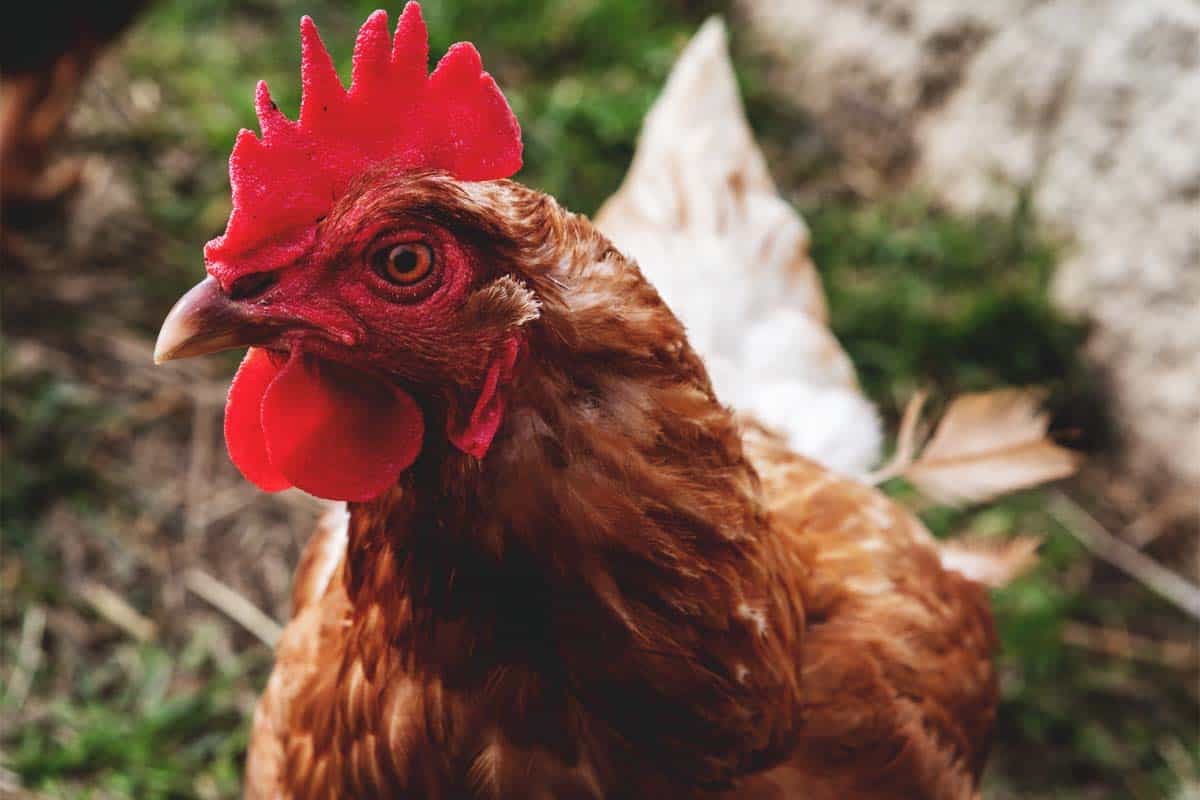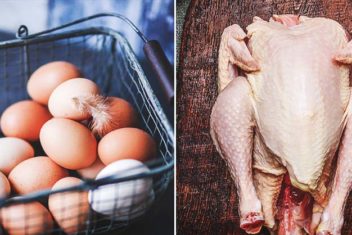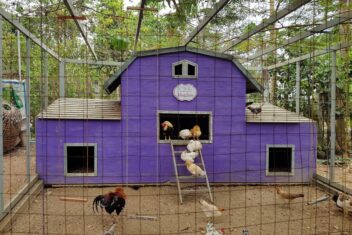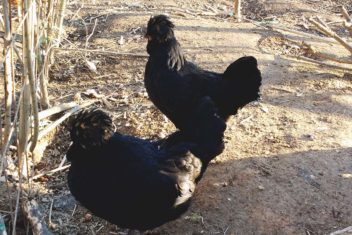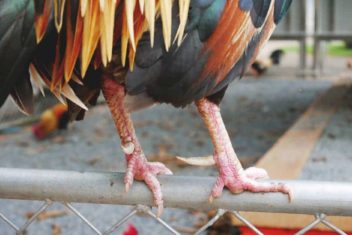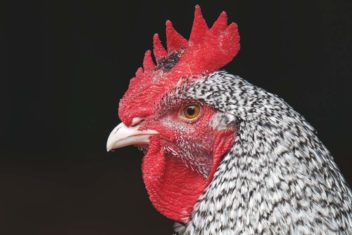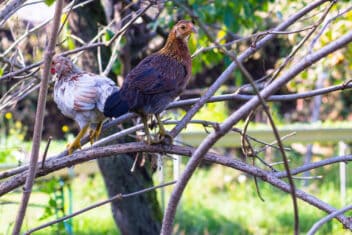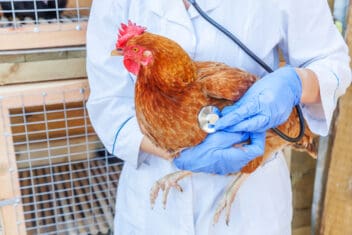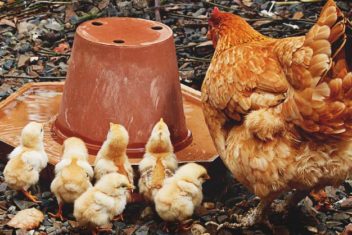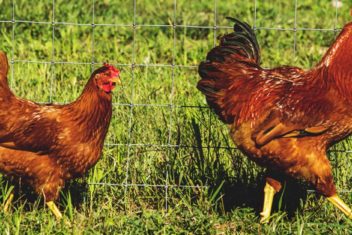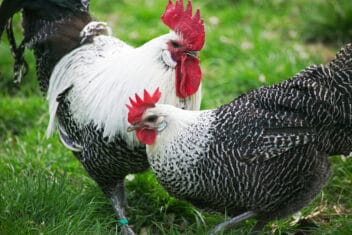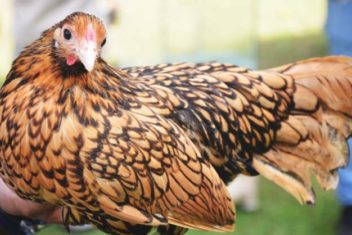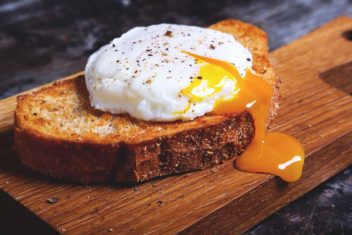Heritage breeds, heritage meat, what does all of this mean? You may have heard a decent bit of hype regarding heritage chickens, pigs, goats and cows but just don’t know exactly what it means. A chicken is a chicken, right? Well, not exactly.
Not all chickens are created equal and today we’ll be exploring the difference between heritage and commercial breeds and what sets heritage breeds apart.
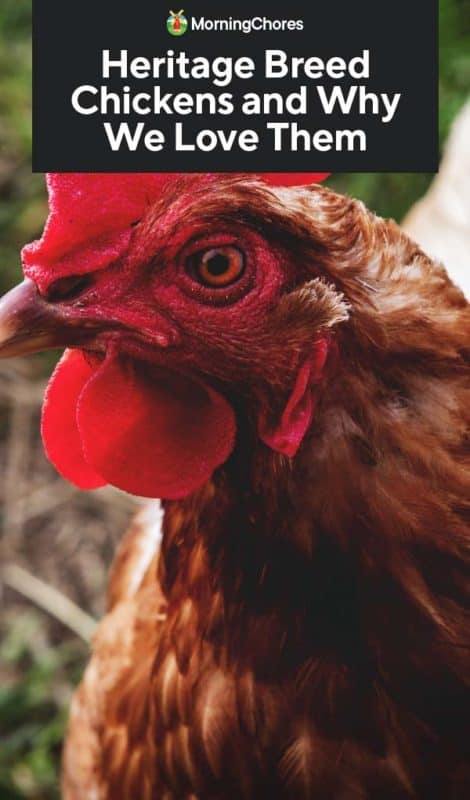
What Makes It a Heritage Breed Chicken?
1. History
Heritage breeds have been around for a while. These breeds have been bred and cultivated by our ancestors for many different qualities and traits that we will discuss later. Just a short 100 years ago, our food system was supported by more farms than commercial productions.
Heritage chickens are likely the birds that resided on your great-great-grandparent’s farms and provided your ancestors and their towns with meat and eggs.
2. Dual Purpose
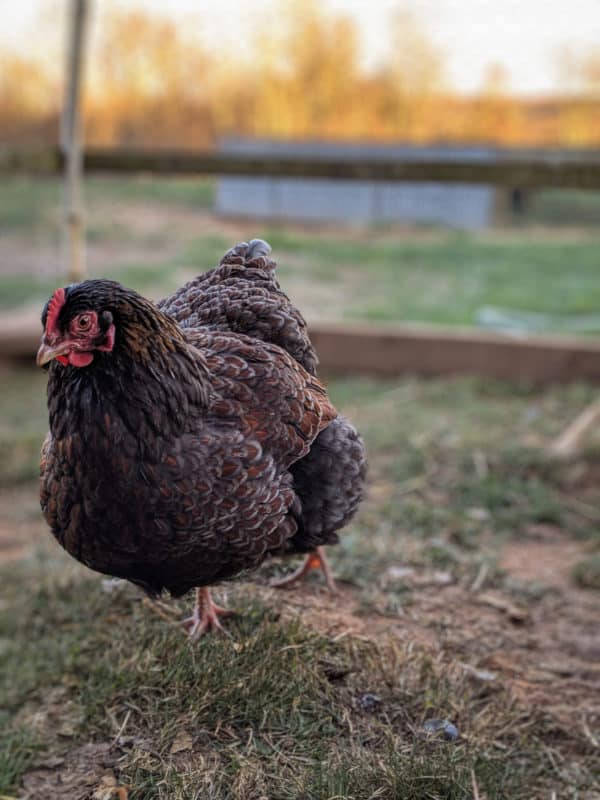
It’s unlikely that you will find a heritage breed that isn’t dual-purpose. In the olden days, everyone was after a convenient 2-in-1 chicken. A bird that could produce eggs and at the end of its productive life, be thrown in the soup pot.
3. Hardiness
Our forefathers bred chickens that would be strong and resilient to parasites and ailments. These days health and hardiness are sacrificed for either a funny looking chicken or a bird that will produce 300+ eggs in a single year.
When heritage chickens were bred, health and resilience were a top priority, making these birds some of the healthiest chickens you can raise.
4. APA Standard Breed
By definition, a heritage chicken is hatched from a heritage egg sired by an American Poultry Association (APA) Standard breed established prior to the mid-20th century, is slow growing, and naturally mated with a long productive outdoor life.
Why You Should Choose Heritage Breeds?
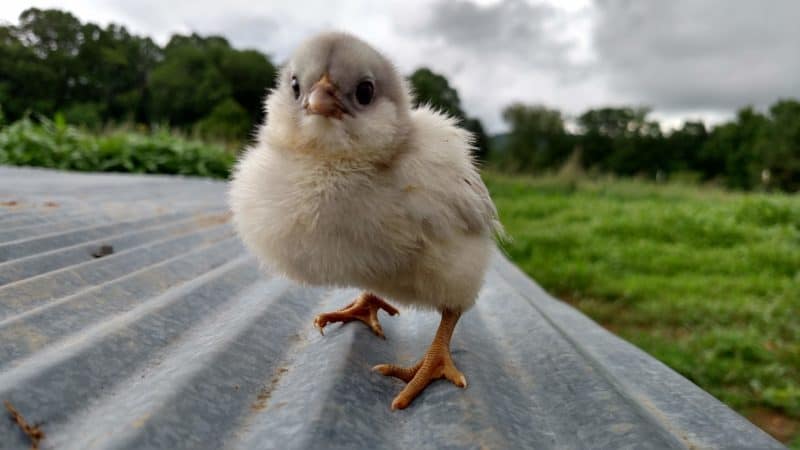
1. Sustainable
Heritage chickens know how to, well, be a chicken. Some commercial chickens you may find today aren’t adept at things such as foraging for their own food and avoiding predators as a real chicken should.
Heritage chickens will spend their days finding their own food and avoiding predators as their instincts tell them to do. This makes heritage chickens much more sustainable to raise in general.
2. Richer Meat Quality
The chicken you buy at the supermarket today isn’t too bad, but have you ever tried heritage chicken meat? Breeds from long ago might not have 6-pound carcasses, but they have exceptional taste. You can research different chicken breeds and choose your heritage chicken for exactly the meat you want.
3. Mothering Capabilities
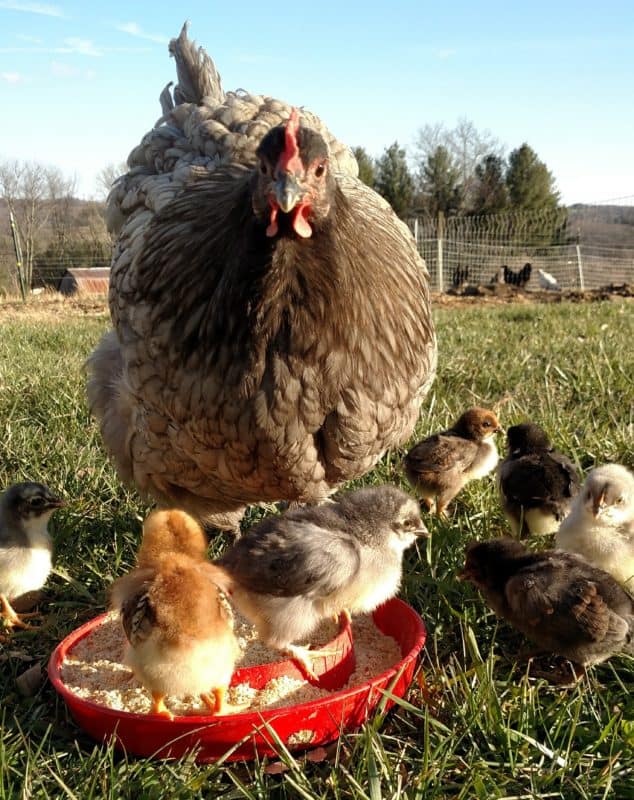
One thing that has been bred out of commercial breeds is their natural abilities to be mother hens. When chickens go broody, they stop laying eggs, making them less valuable to people trying to produce the maximum number of eggs in a year. For the sustainable farmer that prefers letting nature take its course instead of mail ordering or using incubators, heritage breeds are a must-have.
Even for modern breeds that do go broody, they may not have the natural, nurturing tendencies of an instinctual, heritage hen.
Heritage VS Modern Breeds
1. Breeding Practices
The breeders of heritage breeds were after overall perfection in all areas of the chicken. Health, production, meat quality, behavior and more were all of utmost importance. For modern chickens, one quality is often honed in on more than the others, resulting in a bird with excellent production, but poor health and disposition, for example.
Modern breeders passionate about the heritage breed will still make sure that birds come out well rounded, but commercial breeders are far less detail-oriented.
2. Production
One thing undeniable about most commercial breeds over heritage chickens is their excellent production. Heritage breed carcasses won’t amount to nearly as much meat as a meaty Cornish X. Heritage breed hens can’t compete with the egg production of a commercial White Leghorn.
Many people believe that the trade-off is worth it for less meat and eggs from a more sustainable bird.
3. Ethical
Many people question the ethics of breeding the more modern chickens such as White Leghorns. Chickens like the White Leghorn will lay multitudes of eggs for 2 years, but promptly become very sickly after putting such a strain on their bodies.
Heritage breeds are able to produce for longer because they don’t put such a toll on their bodies with stressful production.
Top Five Heritage Breeds
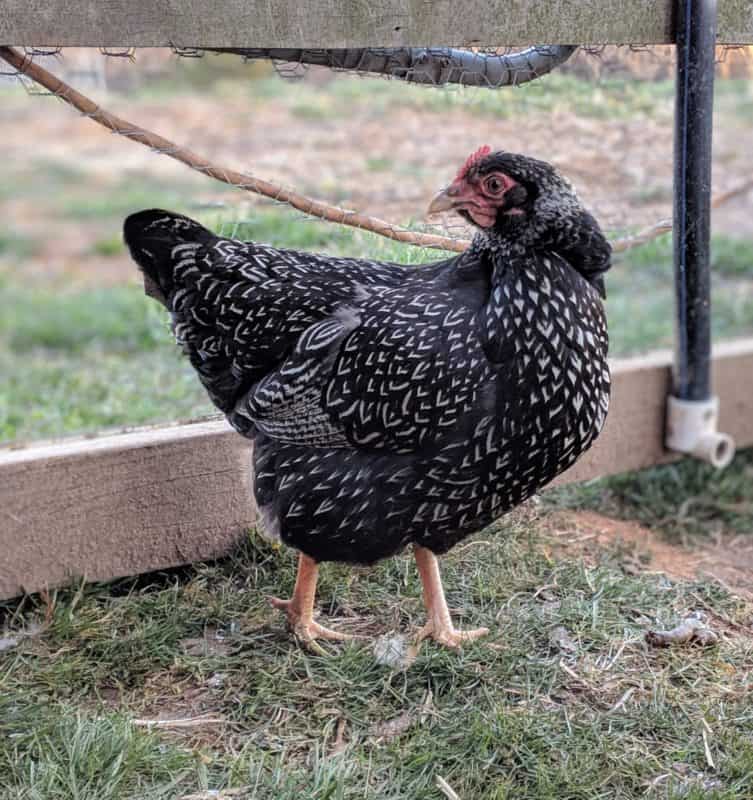
When I made the plunge into chicken keeping, I was certainly attracted to the charm of heritage breeds. You may want some of these incredible, historic chickens on your farm too. Which is why I’ve compiled a list of the top picks for heritage chickens that you may well be interested in adding to your farm.
1. Wyandotte
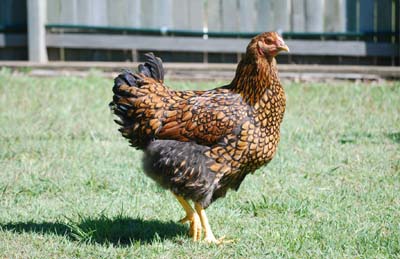
Ah, the Wyandottes. The first chicken that ever caught my eye and still one of my favorites today. Wyandottes are elegant and functional breeds that will add grace and steady production of eggs to your farm. Extra roosters and spent hens will also supply the soup pot quite well.
2. Brahma
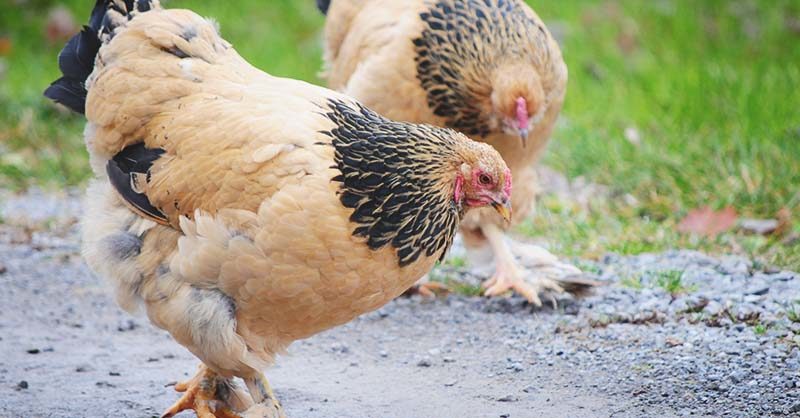
Brahmas add a stately element to any farm, towering above the rest of the chickens in their classy, feathered boots. These are especially large birds that make a very good heritage meat breed. Brahmas make excellent mothers and can easily hatch large clutches of chicks.
3. Orpington
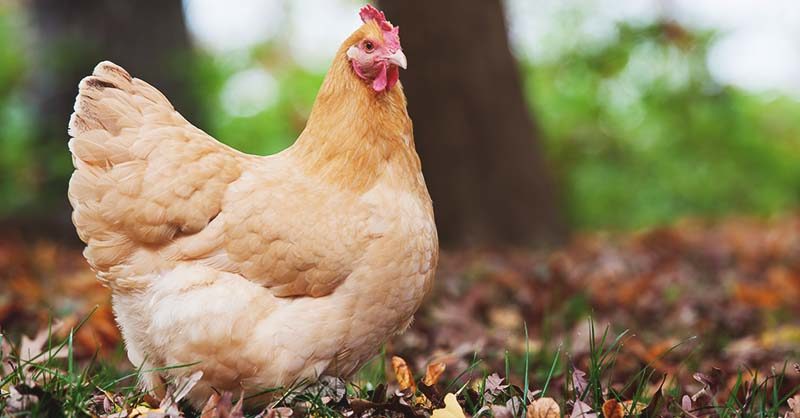
Orpingtons are likely a breed you’ve heard of before. This is certainly one of the more popular heritage breeds around, proudly sporting excellent meat, egg and mothering abilities. There are some more streamlined breeds that have been modernized to produce more eggs and less meat. If you want a true heritage bird, I recommend purchasing from a dedicated breeder instead of a mainstream hatchery.
4. Plymouth Rock
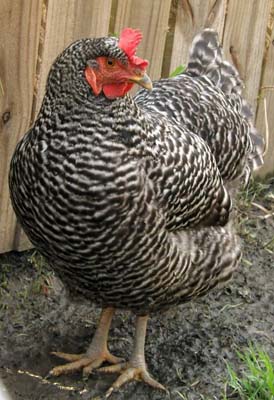
Plymouth Rock is another breed you’ve likely heard of before due to their immense popularity. These chickens are more egg producers than meat producers, but extra roosters are still worth your time for processing.
5. Australorp
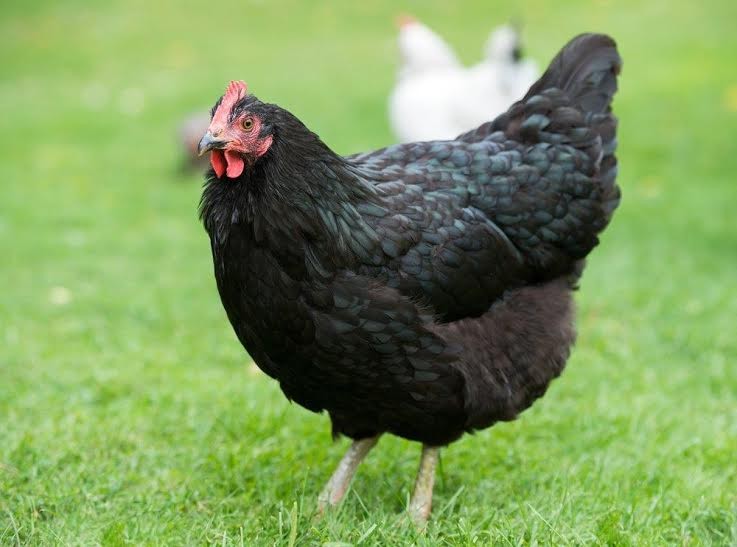
One thing that has always stood out to me about Australorps is their outstanding dispositions. Australorps are friendly and excellent egg producers, with one hen holding the record for the most eggs produced in a calendar year by a single hen.
A Final Word
It’s no secret why heritage breeds have stuck around even though more productive birds came around. Few modern birds actually have all the classic characteristics that make such well-rounded chickens. Nearly every small scale and sustainable farmer has chosen heritage over modern because of the many qualities we’ve discussed here today.
It is my sincere hope that you would consider adding one of the many classic heritage chickens to your farm to preserve such a practical animal for many generations to come.
